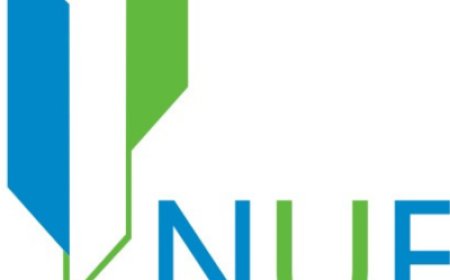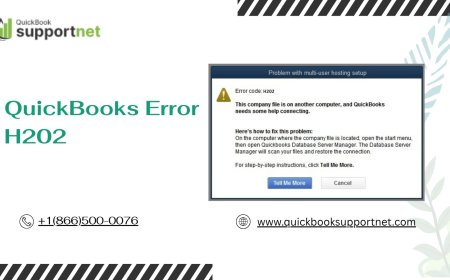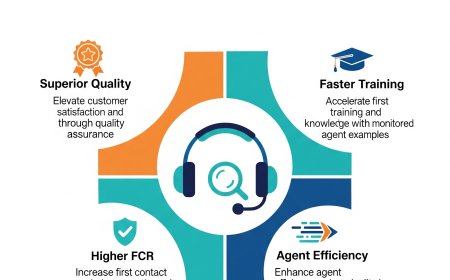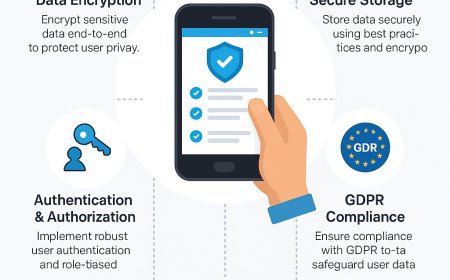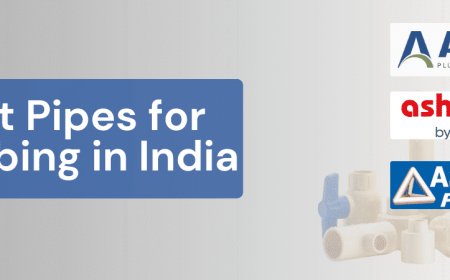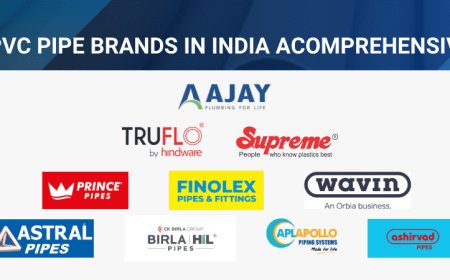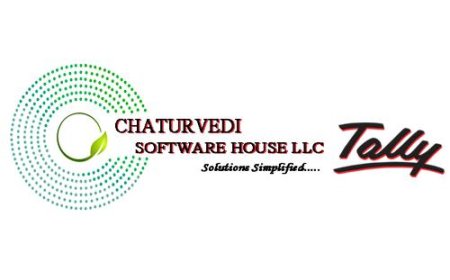Thinking About Becoming an ISO Lead Auditor? Read This First

Picture this: youre sitting in a meeting, surrounded by stacks of paperwork, flowcharts, and coffee cups. Your teams preparing for an external ISO audit, and the tensions thick enough to cut with a knife. Everyones looking to you, the quality manager, to make sure the companys processes are airtight. Sound familiar? If youre nodding, youve probably wondered what it takes to step up and lead the charge as an ISO lead auditor. Its not just about checking boxesits about mastering a system, asking the right questions, and ensuring everything runs like a well-oiled machine. Lets break it down and explore what ISO lead auditor certification really means for folks like youquality, environmental, or information security managers who want to ace those audits.
Whats the Deal with ISO Lead Auditor Certification?
So, what exactly is this certification? At its core, becoming an ISO lead auditor means youre trained to plan, conduct, and report on audits for ISO standardsthink ISO 9001 for quality, ISO 14001 for environmental management, or ISO 27001 for information security. Its not just about knowing the standards inside out (though thats a big part). Its about developing a sharp eye for detail, learning how to ask probing questions, and guiding organizations to improve their processes without breaking a sweat.
You might be thinking, Why bother with certification? Cant I just audit without it? Sure, you couldbut heres the thing: certification proves youve got the skills to lead an audit team, navigate complex systems, and deliver results that hold up under scrutiny. Its like earning a black belt in martial artsyou dont need it to throw a punch, but it shows youve mastered the craft. Plus, for external audits, certified lead auditors are often a must-have for credibility.
Why It Matters to You
As a manager responsible for ISO compliance, youre already juggling a lotensuring processes meet standards, training your team, and keeping stakeholders happy. Getting certified as a lead auditor gives you the tools to take control of the audit process. Instead of scrambling to prepare for external auditors, youll be the one calling the shots, spotting gaps before they become problems, and building confidence across your organization. Honestly, who wouldnt want that kind of edge?
The Journey to Becoming a Lead Auditor
Lets get real: the path to certification isnt a walk in the park, but its not climbing Mount Everest either. Its a structured process that blends learning, practice, and a bit of grit. Heres what you can expect.
Step 1: Know Your Standards
First things firstyou need to be fluent in the ISO standard youre auditing. Whether its quality (ISO 9001), environmental (ISO 14001), or info security (ISO 27001), youll need to understand its clauses, requirements, and intent like the back of your hand. Think of it like learning a new language. You dont just memorize the words; you need to know how they fit together to tell a story. Most certification courses assume youve got some familiarity, so brush up beforehand. Resources like the International Organization for Standardizations website or industry-specific guides can be goldmines here.
Step 2: Find the Right Training
To become a lead auditor, youll need to complete a certified training course, often called an ISO Lead Auditor Course. These are typically offered by accredited bodies like Exemplar Global or IRCA (International Register of Certificated Auditors). The courses usually span 5 days40 hours of intense learningand cover everything from audit principles to practical skills like interviewing and report writing.
Heres a quick heads-up: not all courses are created equal. Some are in-person, others online, and the quality can vary. Look for ones endorsed by recognized bodies, and check reviews from past participants. You want a course thats engaging, practical, and led by instructors whove actually been in the trenches, not just read the textbook. Oh, and pro tip? Make sure the course includes mock audits. Theyre like dress rehearsals for the real thing.
Step 3: Pass the Exam (No Pressure!)
At the end of the course, youll face an examusually a mix of multiple-choice questions, case studies, and written responses. Its designed to test your grasp of the standard and your ability to apply it in real-world scenarios. Dont let it spook you. If youve paid attention during the course and done some prep, youll be fine. Study aids like practice exams or flashcards can help you nail the tricky bits, like remembering the difference between a non-conformity and an observation.
Step 4: Get Some Experience
Heres where things get interesting. To officially call yourself a lead auditor, youll need practical experienceusually 4-5 audits under your belt, either as an observer or team member, depending on the certification bodys rules. This can feel like a catch-22: you need experience to get certified, but how do you get experience without certification? Start small. Shadow experienced auditors in your organization, volunteer for internal audits, or partner with a mentor. Every audit you participate in sharpens your skills and gets you closer to the finish line.
What Skills Make a Great Lead Auditor?
You might be wondering, What does it take to really excel at this? Its not just about knowing the standards or passing a test. The best lead auditors have a mix of technical know-how and soft skills that make them stand out. Heres what youll need in your toolbox:
Attention to Detail: Audits are all about spotting whats out of placewhether its a missing record or a process thats slightly off-kilter. Youve got to be the person who notices the one typo in a 50-page report.
Communication: Youll be interviewing everyone from shop floor workers to C-suite execs. Knowing how to ask questions without sounding like a drill sergeant is key. A good auditor listens more than they talk.
Problem-Solving: Audits arent about pointing fingers; theyre about finding solutions. Youll need to think on your feet and suggest improvements that actually work.
Time Management: Audits have tight schedules. Youll need to keep things moving without rushing or missing critical details.
Sounds like a tall order, right? But if youre already managing quality, environmental, or security systems, youve probably got a head start on these skills. Certification just polishes them to a shine.
Preparing for External Audits: Your Secret Weapon
Now, lets talk about why this matters for your day-to-day. As a lead auditor, youre not just checking boxes for complianceyoure setting your organization up to breeze through external audits. Heres how your new skills come into play.
Spotting Gaps Before Theyre Problems
External auditors have a knack for finding weak spots you didnt even know existed. As a certified lead auditor, youll beat them to the punch. Youll know exactly what theyre looking forwhether its documented evidence, process consistency, or risk assessmentsand youll have your house in order before they walk through the door. Its like knowing the answers to a test before you take it.
Building Confidence Across Teams
Theres something reassuring about having a lead auditor on your side. Your team will trust that youve got their back, and management will appreciate the calm, organized approach you bring to the table. Youre not just preparing for an audit; youre building a culture of continuous improvement. And lets be honestwho doesnt want to work in a place where things just work?
Handling the Curveballs
External audits can throw surprises your waya tricky question, an unexpected document request, or a process that suddenly doesnt add up. With lead auditor training, youll be ready to think on your feet, answer confidently, and keep the audit on track. Its like having a playbook for every possible scenario.
A Few Things to Watch Out For
No journeys without its bumps, and the road to lead auditor certification has a few. For one, the training can be priceythink $1,000-$3,000 depending on the provider and format. If your companys footing the bill, great! If not, its worth weighing the cost against the career boost. Also, keep an eye on the time commitment. Between training, exams, and gaining experience, youre looking at a few months to a year to fully certify.
Another thing? Burnout. Auditing can be intense, especially if youre juggling it with your regular duties. Pace yourself, and dont be afraid to lean on your team for support. After all, youre all in this together.
Why Its Worth It
So, why go through all this? Because being an ISO lead auditor certification isnt just a titleits a game-changer. Youll have the skills to lead with confidence, the knowledge to keep your organization compliant, and the credibility to stand out in your field. Plus, theres something deeply satisfying about knowing youre helping your company run smoother, safer, and better.
You know what? Its not just about the certificate hanging on your wall. Its about the moment when an external auditor nods in approval, or your team thanks you for making a stressful process feel manageable. Those are the wins that make it all worthwhile.
Wrapping It Up
Becoming an ISO lead auditor is a journey, but its one that pays off in spades. Youll gain the skills to lead audits, the confidence to handle external scrutiny, and the know-how to keep your organization on track. Whether youre managing quality, environmental, or information security systems, this certification is your ticket to taking charge and making a difference. So, whats stopping you? Grab a coffee, find a course, and start mastering the art of the audit. Your future selfand your teamwill thank you.


















